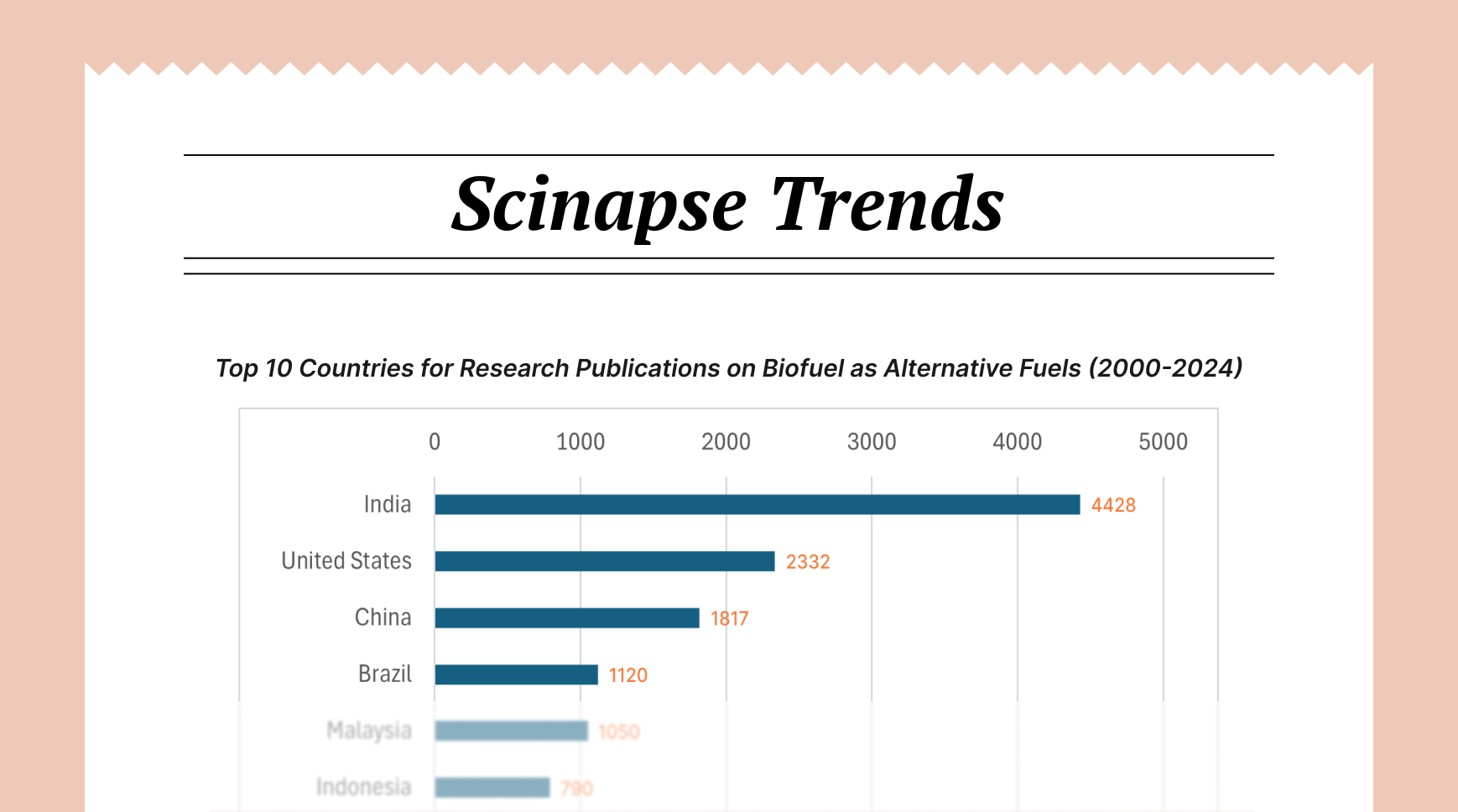Update Your Outdated Literature Review With These Top 7 Proven Techniques

Keeping your literature review current is one of the most challenging yet essential aspects of academic research. As new studies emerge daily and research landscapes evolve rapidly, an outdated literature review can undermine the credibility and impact of your work. Whether you're a graduate student working on a thesis or an established researcher preparing a comprehensive review, knowing how to update your literature review is crucial for maintaining scholarly relevance.

The traditional approach of manually sifting through countless databases often proves overwhelming and inefficient. With millions of new papers published annually, researchers need strategic methods and modern tools to identify, evaluate, and integrate the most pertinent recent findings into their existing literature review framework.
Why Literature Review Updates Matter
An outdated literature review doesn't just miss recent developments—it can lead to incomplete conclusions, overlooked methodological advances, and missed opportunities to address current gaps in knowledge. Regular updates ensure your research foundation remains solid and your contributions stay relevant to contemporary scholarly discourse.
The frequency of updates depends largely on your field's pace of development. Rapidly evolving areas like artificial intelligence or medical research may require quarterly reviews, while more established fields might need annual updates. Regardless of frequency, the systematic approach remains consistent.
7 Expert Tips to Create a Strategic Framework for Literature Review Updates
1. Reassess Your Research Parameters
Before diving into new literature, revisit your original research question and scope. Research focus often evolves as fields develop, and what seemed comprehensive initially may now appear narrow or overly broad. Consider whether emerging subfields, new methodological approaches, or interdisciplinary connections require expanding your literature review scope.
Document any changes to your research parameters clearly. This helps maintain consistency throughout the update process and provides transparency about how your review has evolved to encompass new developments in the field.
2. Develop a Targeted Search Strategy
Updating a literature review requires more precision than initial broad searches. Start by identifying key authors who have continued publishing in your area and tracking their recent work. These established researchers often collaborate with emerging scholars, helping you discover new voices in the field.
Refine your keyword strategy based on terminology that has evolved since your original review. New concepts, methodologies, or theoretical frameworks may have emerged, requiring updated search terms. Use Boolean operators strategically to create precise search queries that capture relevant new research while filtering out peripheral studies.
3. Leverage Advanced Literature Review Tools
Modern research demands modern tools. Platforms like Scinapse offer capabilities for tracking emerging research trends through their Research Intelligence feature. With access to over 170 million papers, Scinapse allows you to filter research by specific periods, focusing on developments from the last five years or any custom timeframe relevant to your update needs.
The platform's real-time citation analytics provide crucial insights by displaying papers based on citation counts within filtered results. This feature helps identify influential recent research and emerging trends within your specific field, rather than relying on general citation metrics that may not reflect relevance to your particular research area.
Scinapse's data visualization capabilities offer graphical insights that track topic evolution over time, making it easier to identify patterns and trends that might not be apparent through traditional search methods. The platform's ability to discover related research topics through keyword-based recommendations can also help you identify previously overlooked relevant areas.
4. Implement Systematic Evaluation Criteria
Not all new research deserves inclusion in your updated literature review. Establish clear criteria for evaluating potential additions:
Methodological Rigor: Assess whether new studies employ sound research methods appropriate to their research questions. Poor methodology can lead to unreliable findings that don't strengthen your review.
Sample Adequacy: Evaluate whether study samples are sufficiently large and representative to support the conclusions drawn. Consider how findings might generalize to your research context.
Contribution Significance: Determine whether new research confirms existing knowledge, contradicts previous findings, or introduces novel concepts. Each type of contribution requires different treatment in your updated review.
Scope Alignment: Ensure new studies directly relate to your research question rather than being tangentially relevant. Peripheral studies can dilute your review's focus and clarity.
5. Master the Art of Integration
The hallmark of a well-updated literature review lies not in simply appending new citations, but in thoughtfully weaving new findings into your existing narrative. This integration process requires several considerations:
Pattern Recognition: Look for recurring themes across new studies that either reinforce or challenge patterns identified in your original review. Use tools like Scinapse's Research Intelligence to identify leading researchers and top affiliations to understand broader field developments.
Contradiction Analysis: When new research contradicts established findings, explore potential explanations, including methodological differences, population variations, or evolving theoretical frameworks.
Gap Assessment: Determine whether recent research addresses previously identified knowledge gaps or reveals new areas requiring investigation.
6. Restructure When Necessary
Significant new developments may require restructuring your literature review organization. This might involve adding new sections to address emerging themes, combining previously separate topics that research has shown to be interconnected, or reorganizing existing content to reflect current understanding.
Consider whether your original conceptual framework remains appropriate or needs modification to accommodate new theoretical developments. A robust literature review framework should be flexible enough to evolve with the field while maintaining coherent organization.
7. Maintain Citation Excellence
Accurate citation management becomes increasingly complex as your literature review grows. Ensure all new sources follow consistent formatting according to your chosen style guide. Digital tools can help manage citation accuracy, but manual verification remains essential for scholarly credibility.
Create a systematic approach for tracking citation dates, ensuring you can easily identify which sources represent recent additions versus original content. This organization proves valuable for future updates and helps demonstrate the evolution of your research foundation.
Conclusion
Successfully updating an outdated literature review requires strategic planning, appropriate tools, and systematic execution.
Remember that literature review maintenance is an ongoing process rather than a one-time task. Regular updates using these proven techniques ensure your research foundation remains strong, your arguments stay current, and your scholarly contributions continue to advance knowledge in meaningful ways. The investment in keeping your literature review current pays dividends in research quality, credibility, and impact.
Author: Uttkarsha B
- AI-Ethicist and STM Research & Publishing Expert
Never re-search again.
Scinapse is made by researchers for researchers.
Join the next generation of research at ⏯️ https://scinapse.io/
Pluto Labs
Pluto Labs helps researchers focus on their research by improving several inefficiencies in the academic research process. We offer data-driven insights from academic papers, allowing users to easily obtain review-level results for their desired range of papers.
https://pluto.im/





Comments ()